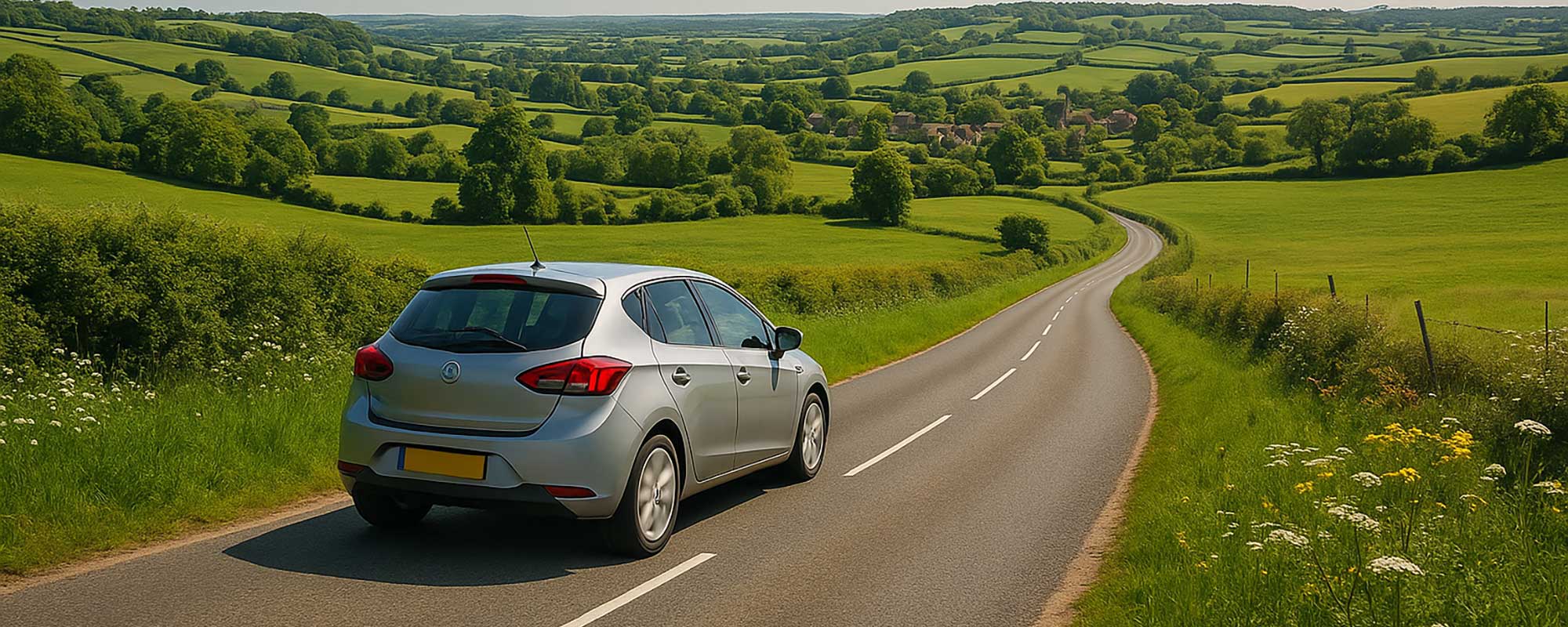More Cars, Less Hassle... Right?
If your household has two or more vehicles, a multi-car insurance policy might sound like a no-brainer. One provider, one renewal date (sort of), one bill. Less faff. Maybe even a discount. And in many cases, that’s exactly how it works.
But; and it’s a big but; that convenience sometimes comes at a cost. Not always financial, either. Some policies group drivers in ways that make no sense. Others give you a single number that looks lower, but only if you don’t dig into the details.
So, is multi-car insurance really the smart move? Or just clever marketing with a bow on top?
What Actually Counts as a Multi-Car Policy?
It's usually one policy that covers multiple vehicles registered at the same address. Some insurers stretch this; they might allow cars used by family members at uni or people temporarily living elsewhere; but the key idea is simple:
- Two or more vehicles
- Linked to the same household
- Each car has its own level of cover, driver(s), and details
- All tied together under one insurer
And yes, you might get a discount for adding more cars. But that’s not the full picture.
When Might Multi-Car Actually Save You Money?
- You’ve got two or more fairly standard cars; nothing too modified, nothing too high-risk
- The drivers are relatively similar; in age, experience, and driving record
- Everyone’s under the same roof; insurers like things neat
- Your renewal dates are close together; or you’re okay with having them adjusted
- You’ve compared individual quotes first; so you know what’s being bundled
In those situations? Sure. It might make sense. And you might find it easier to manage, too. Less admin, fewer phone calls, and only one login to forget.
But When Might It Cost You More?
Here’s where it gets tricky. Not every multi-car deal is good value; especially if one driver is bumping up the risk for everyone else.
- One high-risk driver (young, newly qualified, or with points) might raise the overall cost
- You own a performance car or something less mainstream; the discount might not apply at all
- You’ve already got a no-claims bonus that works better individually
- Separate insurers offer better rates for specific types of cars
- Only one car is due for renewal; and you’re forced to align dates or cancel mid-term
And let’s be honest; sometimes the “discount” just means both cars are slightly overpriced together, instead of just one.
Do Multi-Car Policies Share No Claims Bonuses?
Not usually. Each driver keeps their own no-claims bonus. But it’s still worth checking; some policies treat this differently, especially if one driver has no history yet.
Just don’t assume everyone benefits equally. A 50-year-old with 15 years’ no-claims and a 19-year-old learner don’t exactly balance out; even if they’re in the same house.
How to Tell If It’s Worth It
It’s not about guesswork. Do the legwork:
- Get quotes for each car separately; then compare to the multi-car quote
- Check renewal dates; are you happy to align them?
- Watch for admin fees or cancellation charges if you leave part-way through
- Make sure the cover levels match; some multi-car deals cut extras to keep the headline price low
- Ask how they calculate risk; especially if drivers have very different histories
The Verdict? Multi-Car Isn't Always a Win
For some households, it’s a practical, cost-effective way to keep insurance simple. For others, it’s just packaging; no real saving, and no extra perks.
Don’t buy into the idea just because it sounds efficient. Run the numbers. Compare the fine print. Think about how your drivers and cars actually differ; not just where they live.
In short? Multi-car insurance might be brilliant. But only if it works for your cars, your drivers, and your setup. Anything else? It might just be a pretty label on an expensive box.
